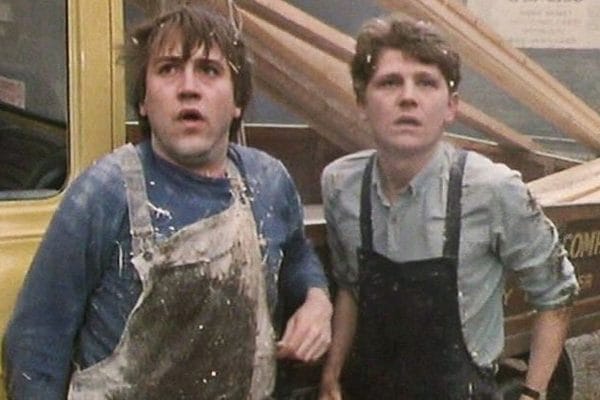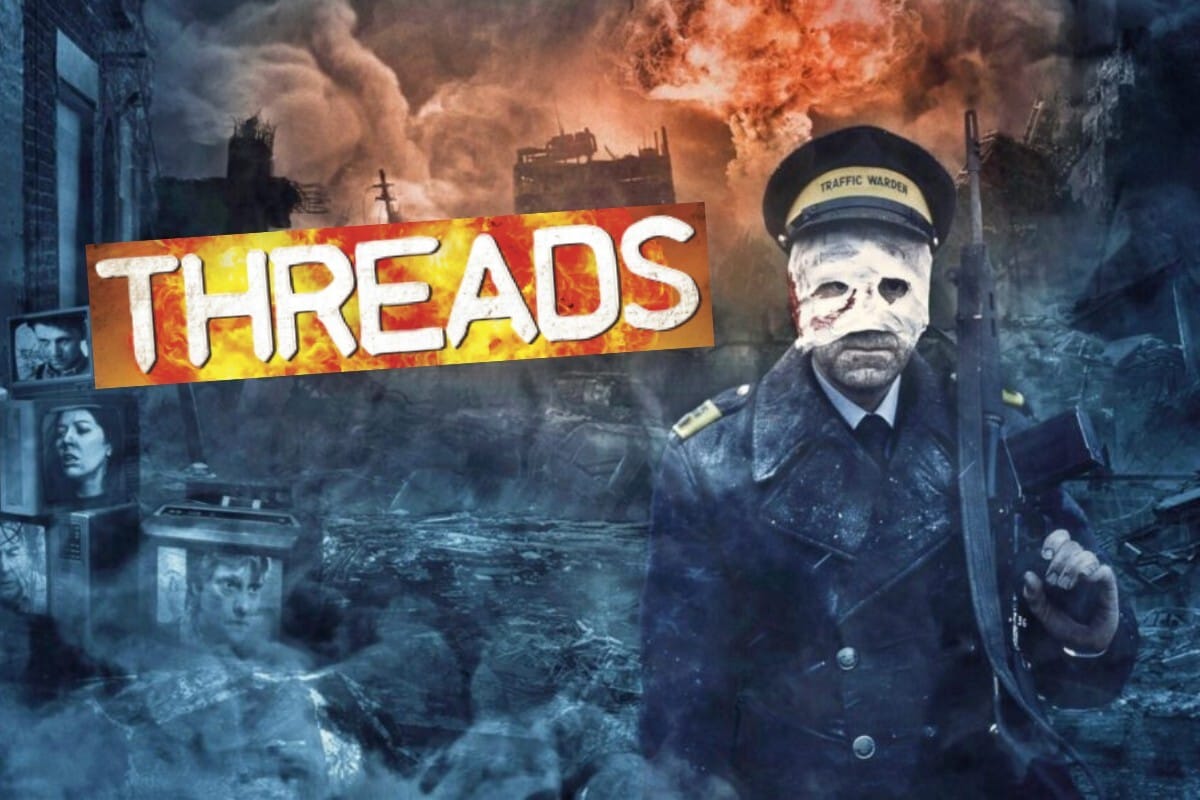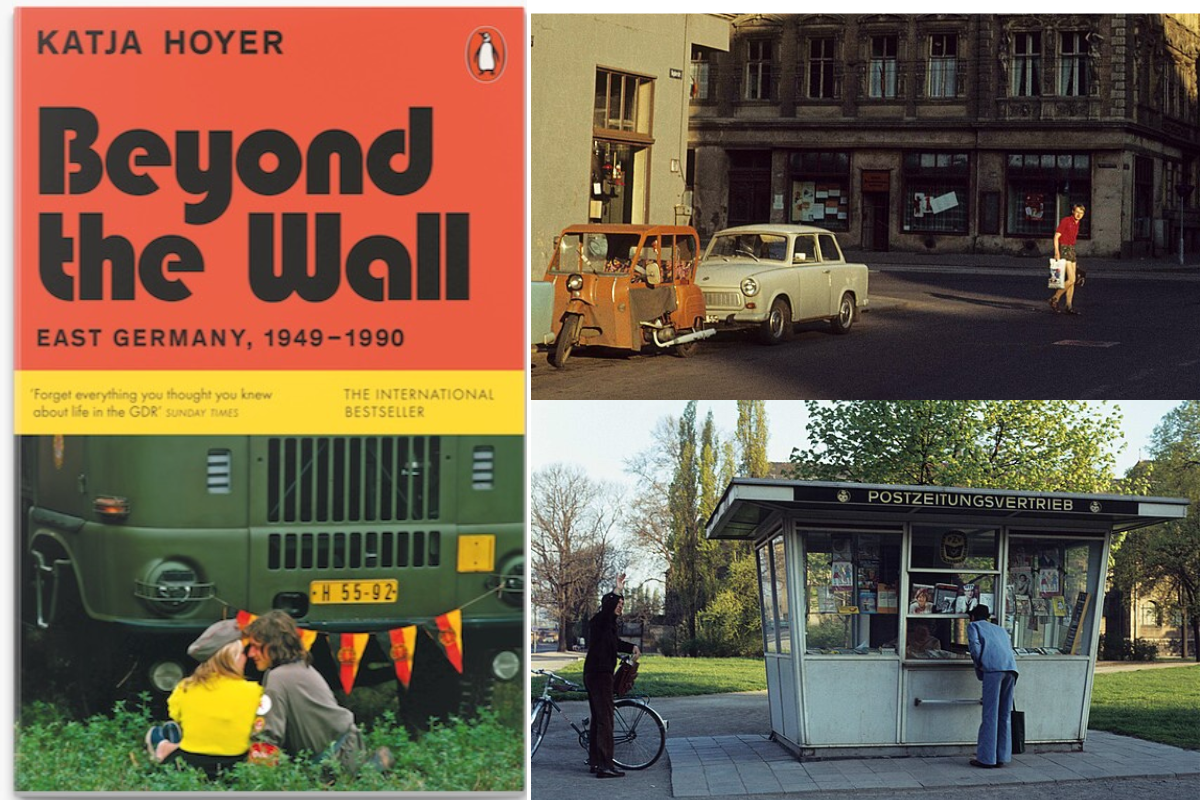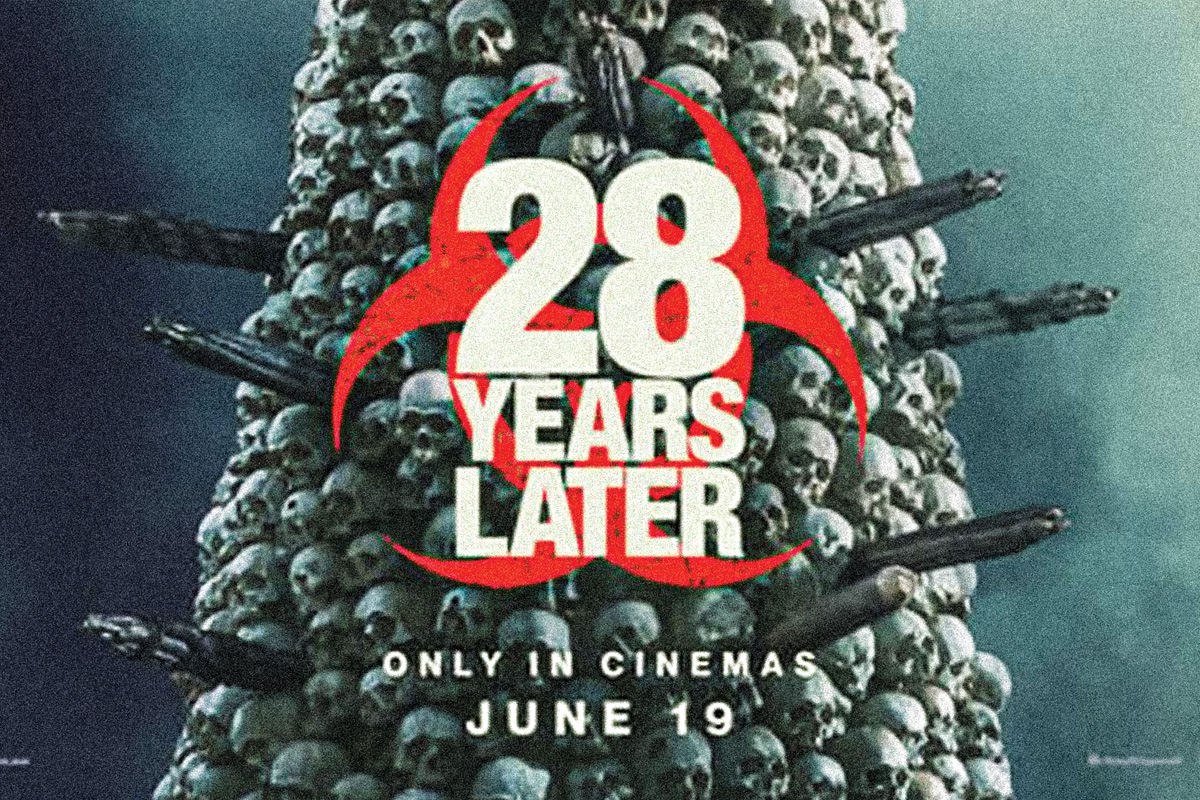“In nuclear war, all men are cremated equal.” – Dexter Gordon
40 years ago the BBC first broadcasted Threads, a terrifying depiction of a world nuclear war and its devastating fallout in Britain. Tonight at 22:20 it will be aired once again on BBC Four.
Threads is not a horror film, but it is certainly haunting.
Mundane scenes of people going about their daily lives – going to the pub, raising children, cracking jokes – are spliced with reports about political and economic turmoil and military mobilisations in the Middle East.
A foreboding sense of uncertainty and anxiety pervades, putting you on edge even before the brutality of war begins.
The Cold War
After the Second World War, the Cold War began between the US and the Soviet Union as a new world balance of forces emerged.
Having entered into a nuclear arms race, the Cuban Missile Crisis in 1962 almost made the nightmare of nuclear war a reality.
This near-miss was too close for both the US imperialists and the Soviet bureaucracy. Under JFK, the US began to soften their tone with the Soviet Union.
Likewise, the Stalinist states adopted a policy of ‘peaceful coexistence’ with US imperialism – various ‘small’ wars and colonial revolutions notwithstanding.
But this was a utopian policy, solving none of the contradictions between two antagonistic nuclear superpowers. These geopolitical tensions, which left millions in constant fear of the outbreak of war, provides the context for Threads.
Too close for comfort
Set in Sheffield, initially the distant threat of a foreign war and its minor disruptions to everyday life are merely a nuisance.
We watch as a couple parked on the top of one of the windswept moors surrounding Sheffield watch a fighter jet roar along the valley and flick through the radio “…fighting in Iran (crackles) as the civil war there (crackles)”.
After a US-backed coup, the Soviet Union invades Iran. The US warns them to withdraw immediately or risk a direct conflict. When a US submarine goes missing, they accuse the Soviet Union of destroying it – and war begins.
Even as the news of US troops landing in Iran is read out, we see people continue as normal: feeding their pets, going to work, and so on.
State of anarchy
But behind the veil of ‘normality’, the world is on the brink. The British government begins preparing local councils for the potential outbreak of war.
Food and fuel shortages begin to develop alongside rampant inflation. Huge anti-war demonstrations are held where people chant, ‘Jobs, not bombs’ and carry signs against nuclear weapons.

Then the situation erupts.
Panic buying and discontent over rising food prices spill over into looting and rioting. An old couple lie in bed at night, kept awake by the shouting and screaming in the dark streets, too scared to sleep.
A state of anarchy breaks out. The government struggles to maintain communications and supply lines.
While people are fleeing the city for the safety of the countryside, air raid sirens sound. A blinding light envelopes the city followed by an almighty explosion, smashing windows and knocking down walls
When the dust settles, a man stares in abject fear as a mushroom cloud rises high above the horizon: “Jesus Christ, they’ve done it. They’ve done it.”
The film follows some of the survivors who live a dangerous, brutal hand-to-mouth existence in the nuclear wasteland. In the blink of an eye, civilisation is destroyed.
World War Three?
Navigating the apocalyptic aftermath makes up the bulk of Threads, but is best witnessed unspoiled for its fullest, most harrowing impact.
This matter-of-fact portrayal succeeds in being so disturbing not only because of what it shows on screen, but what it leaves to the imagination.
Capitalists wage war to expand their profits, spheres of influence, and access to raw materials, even if this can result in economic disruption in the short term.
A nuclear war, by contrast, would be so destructive as to pose an existential threat to these goals for the ruling classes everywhere.
In the words of the Marxist theoretician Ted Grant, “To destroy the working class, which nuclear war would mean, would be to destroy the goose that lays the golden eggs. Mutual destruction would mean also the destruction of the ruling class.”
In the final analysis, this takes nuclear war off the table for the capitalists. Yet despite what the warmongers preach, the threat of nuclear war still hasn’t prevented wars, nor secured peace.
Indeed, the capitalists’ vampiric thirst for profits has led to more wars, and the creation of an ever-greater number of cruel and destructive weapons.
Millions today suffer the full force of these on a daily basis – in Palestine, Lebanon, Sudan, Haiti, Ukraine, Myanmar, and beyond.
This is why, four decades later, Threads retains all its original visceral horror – for viewers today, all the same anxieties around imperialism, war and militarism remain.
Threads will be available to watch on BBC iPlayer.






